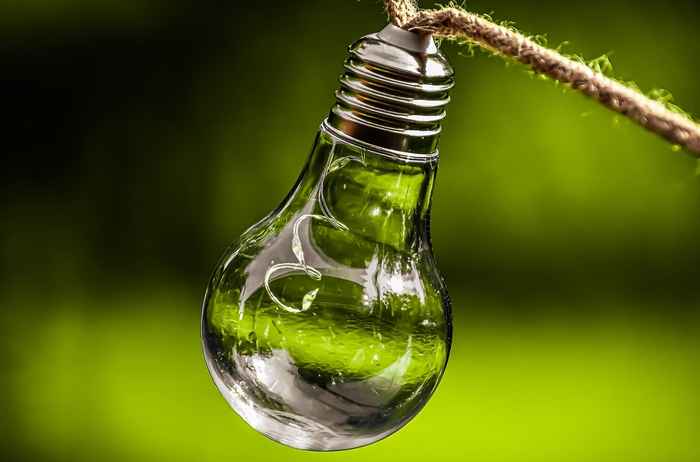5 unique companies nominated for the 2022 Dutch Innovation Award
21 September 2022

The winner will be announced on 2 November during a broadcast of the AVROTROS television programme De wereld van morgen. The selection of the nominees is based on the Dutch Innovation Monitor (Nederlandse Innovatie Monitor 2022) – a survey conducted by the Amsterdam Centre for Business Innovation. The Dutch Innovation Award isn’t just about a company’s capacity for innovation. It’s also about the positive impact the company’s innovative technology has on society and the environment.
‘The 5 companies competing for the award were selected based on their participation in the Dutch Innovation Monitor, desk research, site visits, and a jury of experts. There are significant differences in how they innovate, but 1 thing they all have in common is their ambition to making the world a better place’ says jury chair Henk Volberda. He is also professor of Strategy & Innovation at the Amsterdam Business School and director of the Amsterdam Centre for Business Innovation.
The nominees
- Basilisk Self-Healing Concrete is creating self-healing concrete. The concrete contains a certain type of microorganism that reproduces and produces limestone when it comes into contact with water and oxygen.
- Logiqs develops vertical farming systems that allow for higher crop yields from the same amount of surface area farmed. The company’s GreenCube modular technology is easy to assemble and repair. Their farming concept also uses smart air flows and irrigation.
- MIMETAS focuses on human disease models that can be used to discover and develop new medicines. One of their products is OrganoPlate, a device that can be used to grow living models (in microformat) of human organs such as lung and bowel tissue. These cultures are grown complete with blood vessels and various diseases can be introduced to the tissue.
- PHYSEE develops coating and SENSE-technologies for built-up areas. For example, there are ‘smart windows’ with sensors in window frames and double glazing. One of the unique features of SENSE is that the local exterior environment and even weather forecasts are used in calculations to make buildings more energy efficient and comfortable for users.
- The eNose Company focuses on the early screening and detection of various types of diseases such as lung cancer and bowel cancer. The company has developed what it refers to as an electronic nose, the Aeonose, that analyses exhaled air for potential illnesses.
About the Dutch Innovation Award
The Dutch Innovation Award is based on the Dutch Innovation Monitor (Nederlandse Innovatie Monitor), one of the largest annual survey-based studies on innovation in the Netherlands. The survey and award are initiatives of the UvA's Amsterdam Centre for Business Innovation.